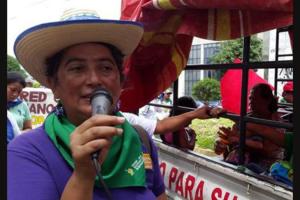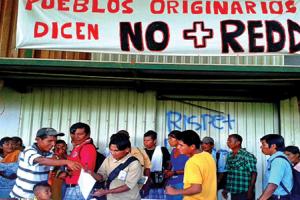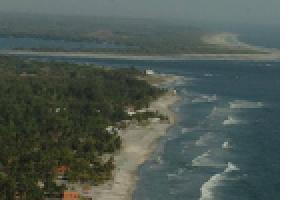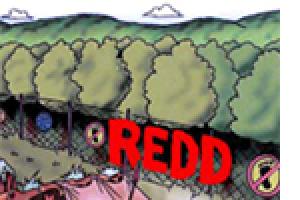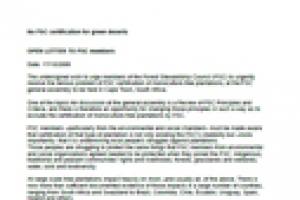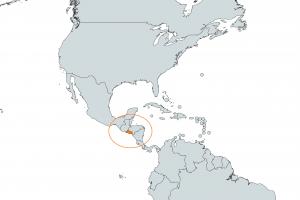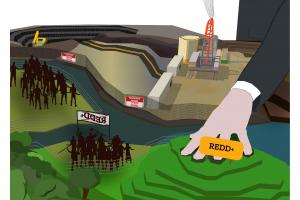In March 2017 the people of El Salvador won a huge victory. The Metal Mining Ban ruled absolute prohibition on mining exploration, exploitation and processing—whether open-pit or underground—as well as the use of toxic substances like cyanide and mercury. The legislation is retroactive, and thus completely cancels permits that might be in process. The potential harm to rivers and water sources has been one of the reasons social movements are battling the extractive industry.
El Salvador
Bulletin articles
10 July 2017
Other information
21 October 2016
Other information
13 November 2013
Only available in Spanish.
Este documento plantea los elementos fundamentales de la posición adoptada por la Mesa de Cambio Climático-El Salvador, y suscritos por las organizaciones sociales y de pueblos indígenas abajo firmantes.
Posición de la Mesa de Cambio Climático de El Salvador ante la fase actual del proceso multilateral de negociaciones sobre cambio climático
Other information
14 December 2012
New report: “REDD-plus schemes in El Salvador: Low profile, friendly fancy dresses and commodification of ecosystems and territories”
Other information
30 July 2012
The REDD (Reducing Emissions from Deforestation and Forest Degradation) mechanism and its subsequent expanded version, REDD+, which encompasses monoculture tree plantations, form part of the “market-based” strategies for confronting climate change that we consider to be false solutions, since they do not address the true causes of the problem. The basic concept behind REDD is that governments, or the owners or concession-holders (companies, big NGOs) of forests in the South, should be compensated for keeping the forests standing, instead of cutting the trees down.
Bulletin articles
29 April 2010
The concept of protected areas, born in the United States in the nineteenth century as an idea of conservation by establishing “national parks,” was part of the colonization of the “Wild West” and, in many cases served as an instrument to appropriate indigenous peoples’ territory, handing it over to the States, research centres or corporate interests. Although an international organization such as the International Union for the Conservation of Nature (IUCN) has acknowledged that when establishing protected areas, indigenous peo
Bulletin articles
25 March 1999
During the decade of 1970 the destruction of natural forests in El Salvador was accompanied by the set up of coffee plantations under forest cover and some tree plantations. Nowadays coffee plantations under cover, conifers and broad-leaved forest areas are rapidly decreasing as a consequence of urbanization, while mangroves in the south-western coast are being destroyed by shrimp farming and tourism activities.
